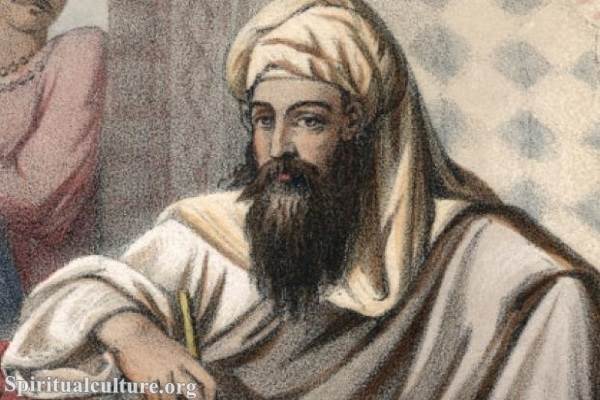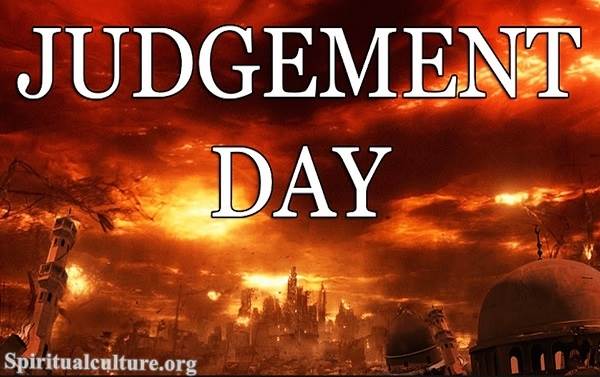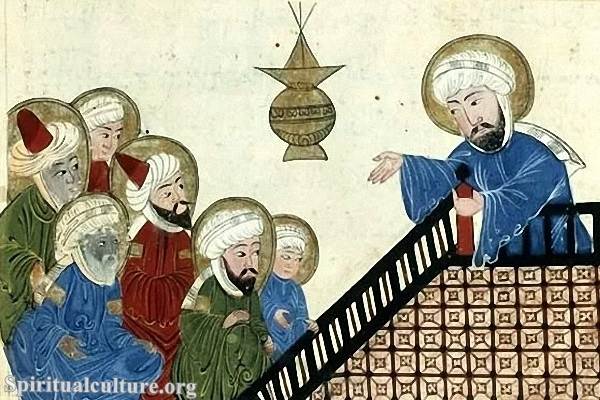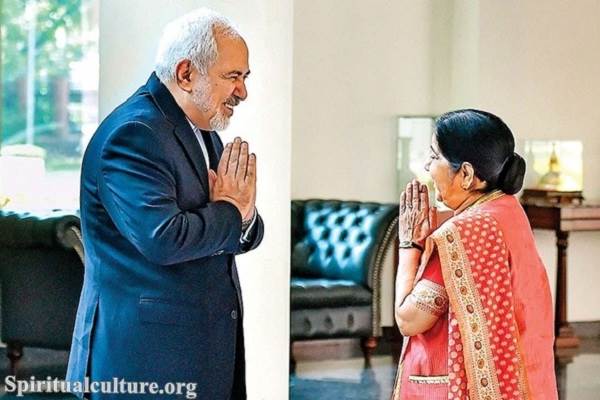The Quran is divided into 114 chapters, known as surahs, and contains the teachings and principles of the Islamic faith.
Muslims believe the Quran to be the literal word of God, as revealed to the Prophet Muhammad over a period of 23 years.
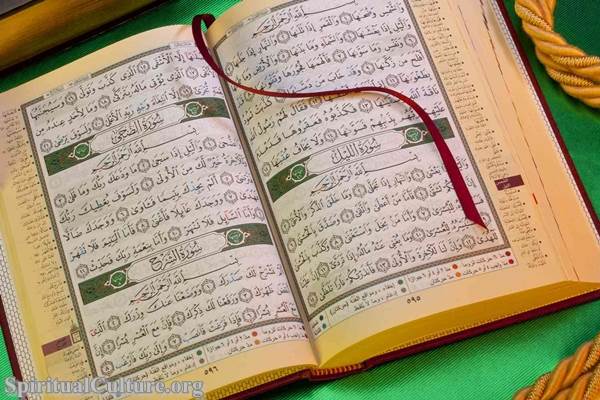
The Quran is considered to be the most important source of Islamic theology and law and is used as a guide for daily life and religious observances. It is considered by Muslims to be the final revelation of God and supersedes all previous holy texts, including the Old and New Testaments. The Quran is considered sacred and believed to be Islam’s supreme authority.
The Quran is written in classical Arabic and is considered one of the Arabic language’s most eloquent and sophisticated literary works. The text is divided into 114 chapters, known as surahs, which vary in length from just a few verses to several hundred verses. Each surah is further divided into verses, known as ayahs. Muslims consider the Quran the eternal, unchanging word of God and believe its message is relevant for all times.
The Quran is recited and memorized by Muslims worldwide, and many Muslims try to read and understand the text in its original Arabic. The Quran is also translated into many different languages to make it accessible to non-Arabic speakers.
The Quran contains many teachings and principles that form the foundation of Islamic theology and law, including the oneness of God, the importance of prayer and fasting, and the need to help the poor and needy. It also includes stories of previous prophets and figures from Jewish and Christian traditions, such as Adam, Abraham, Moses, and Jesus, and provides guidance on how to live a good and moral life.
The Quran is considered to be the ultimate source of authority in Islam, and its teachings and principles are studied, interpreted, and applied by scholars and religious leaders to provide guidance on how to live according to Islamic principles.
